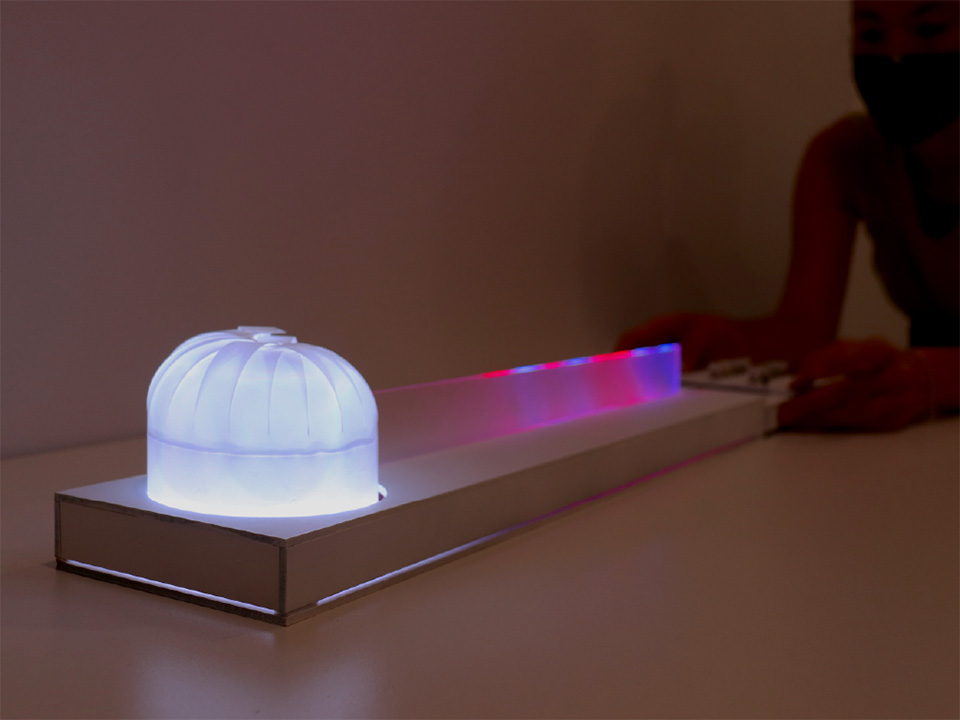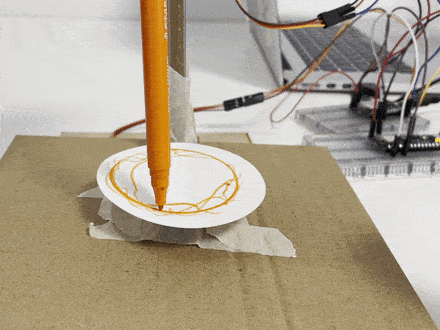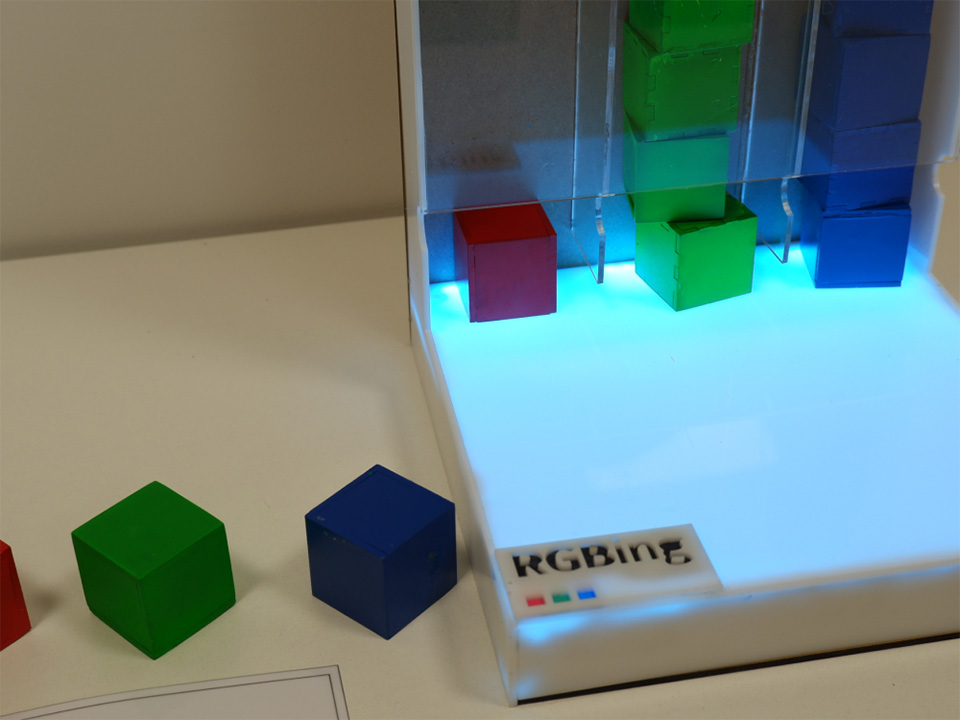Physical Computing
Physical Computing
About Physical Computing
Everyone, every day, uses technology. A lot of us leave the programming to engineers because we think coding and electronics are complicated and difficult while actually, they can be fun and exciting activities. After all, many of the technologies we use everyday can easily be hacked, extended and customised to fit our own purpose.
Physical Computing is an approach to computer-human interaction design that starts by considering how humans express themselves physically. Hence participants look into ways of taking the human body and its capabilities as a starting point, and design interfaces that can sense and respond to what humans can physically do and amplify that input into another form, like lights, animation, sound or motion.
Workshop structure
This workshop will make use of the Arduino platform to open up the world of technology to everyone.
Participants will be first introduced to the basics of electronics and programming for Arduino in a way that is suitable for people with no prior experience in electronics or coding, then, divided into teams, they will be asked to develop their own projects revolving around a specific brief. There will be sessions of discussions about teams’ ideas and progress and sessions of focused work with the assistance of the instructors.
The class will end with a final presentation of the projects.
Check out a few of the workshop’s final outcomes here.
Co-teacher
Massimo Banzi
Jose Chavarría
Taugth at
CIID Interaction Design Programme
``Did not know anything about Arduino before other than the fact that it enabled cool technological magic. After the class, I know waaaaaay more about microcontrollers, coding in Arduino, and sensors. It’s like a new world.``
— IDP Student
``Loved it so much! So important for designers to be able to think beyond the screen and understand how the physical world works with computing.``
— IDP Student
``Physical computing is an area of expertise I never delved into. Not really for lack of interest, but I never knew where to start or that the topics were so accessible. This was 100% new learning for me.``
— IDP Student
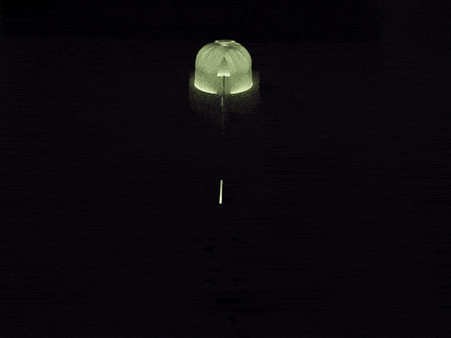
View Fullscreen
Infrared
View Fullscreen
Pixelator presentation 2
View Fullscreen
Pixelator presentation
View Fullscreen
Pixelator sketch
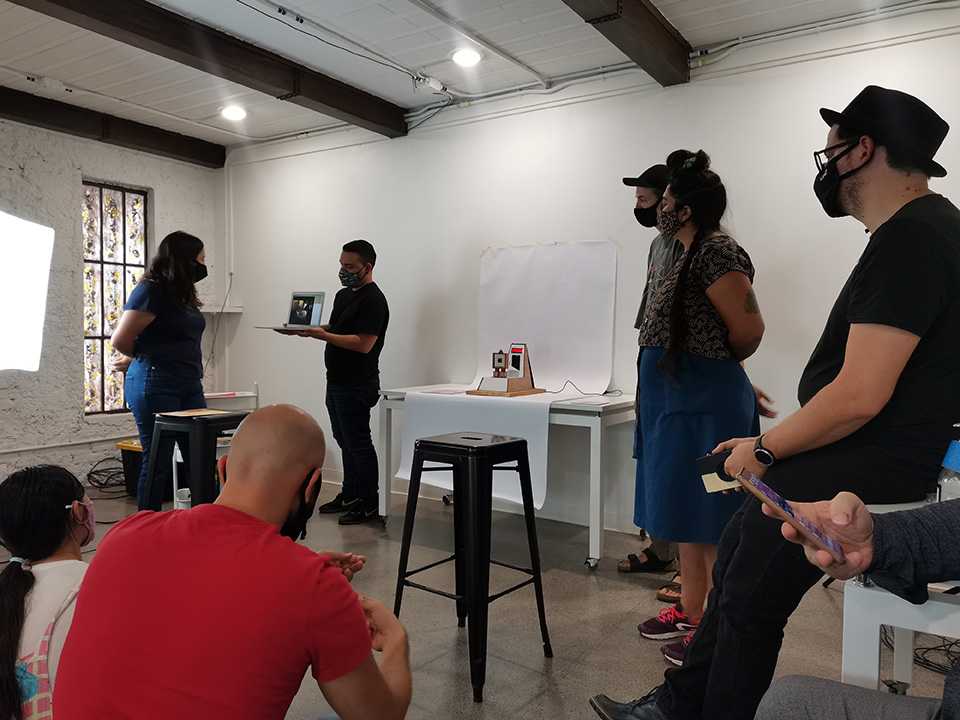
View Fullscreen
Robo-tag presentation
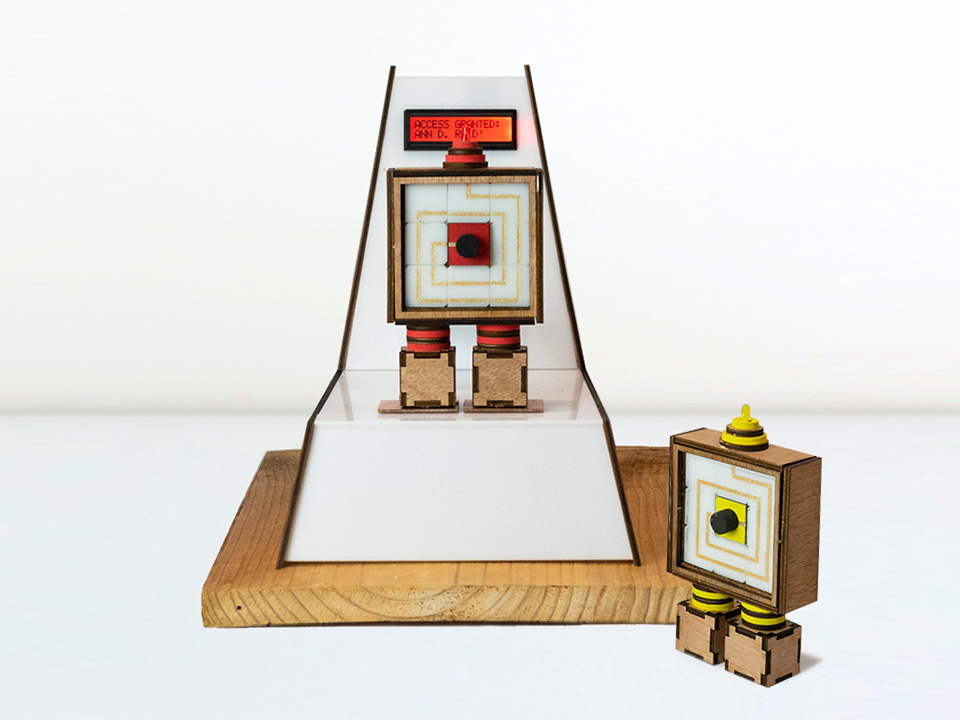
View Fullscreen
Robo-tag
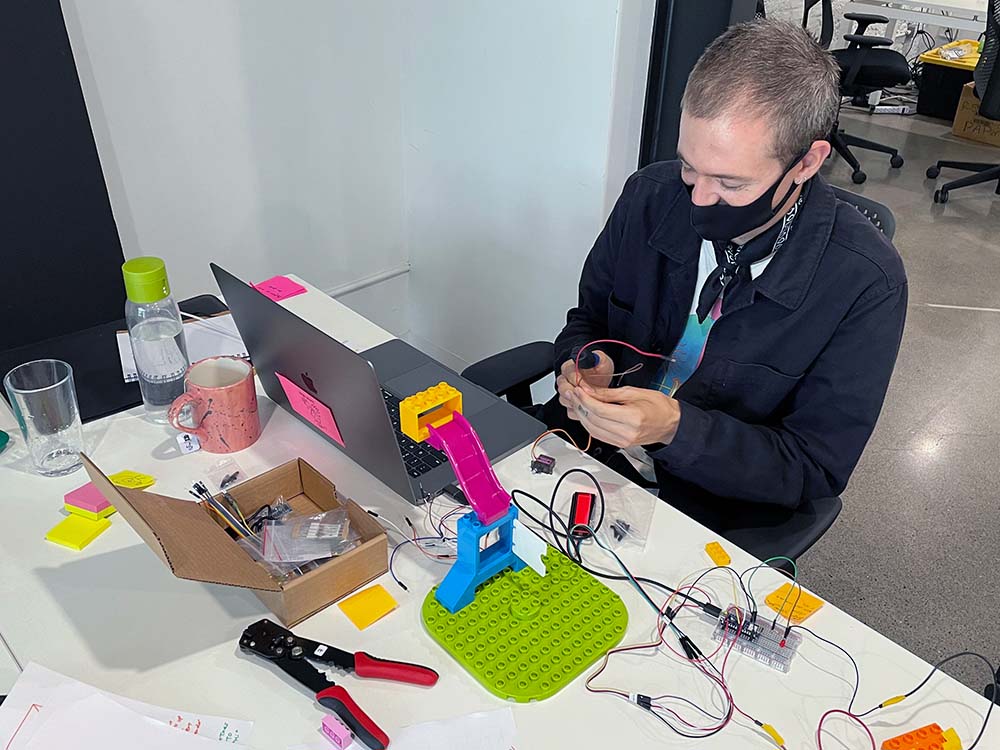
View Fullscreen
The Art of Conversation
View Fullscreen
Using Pixelator
